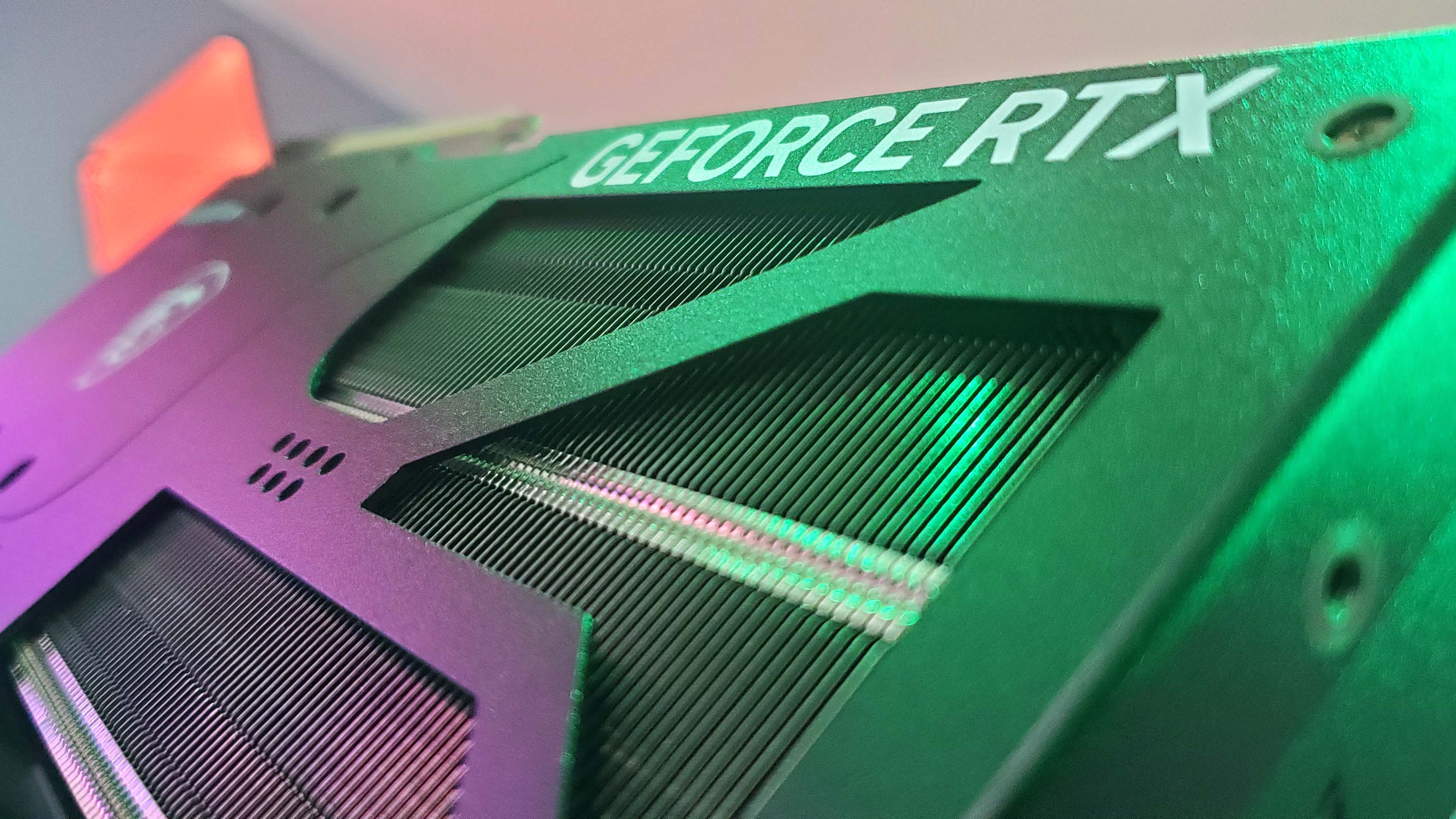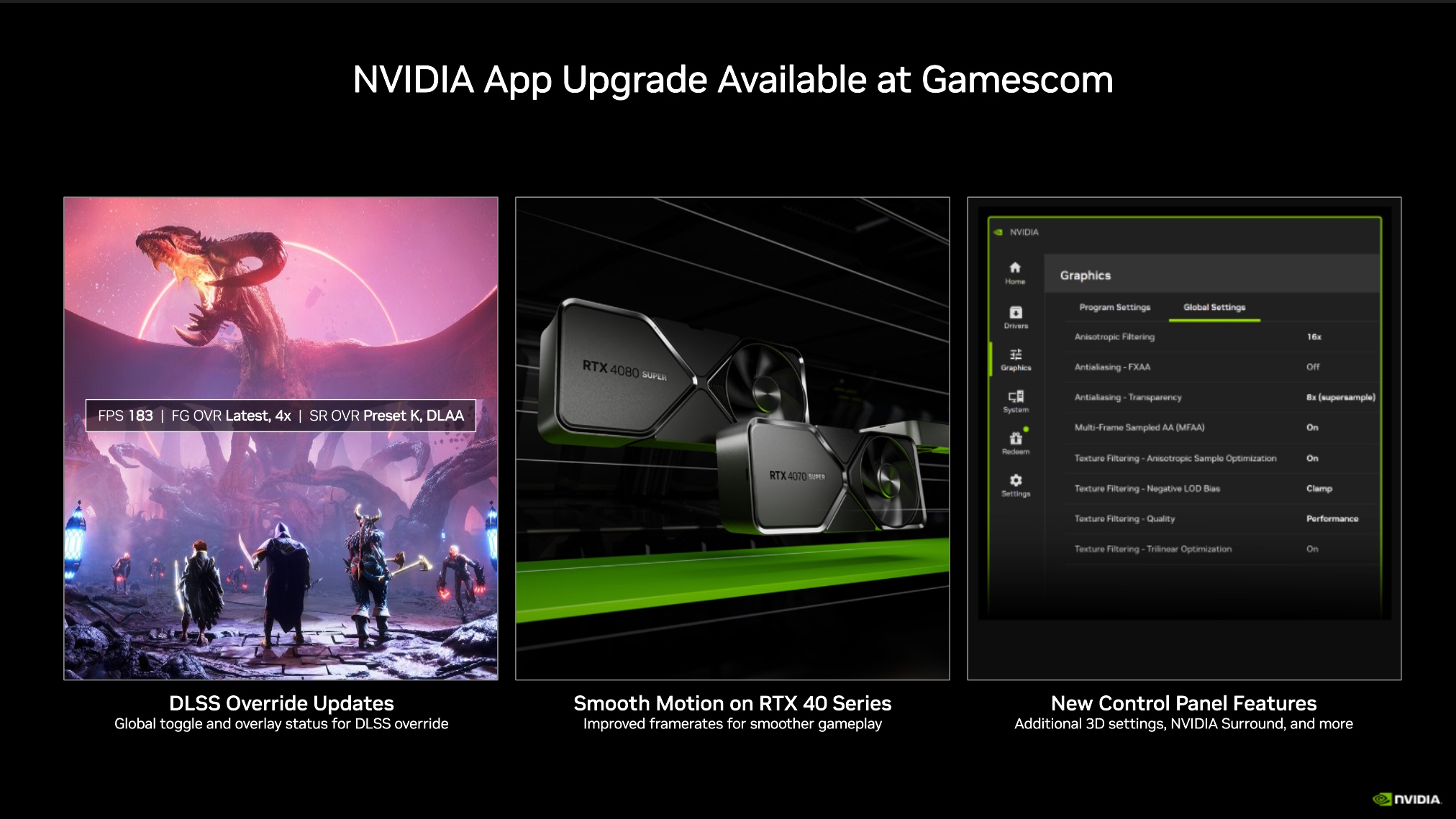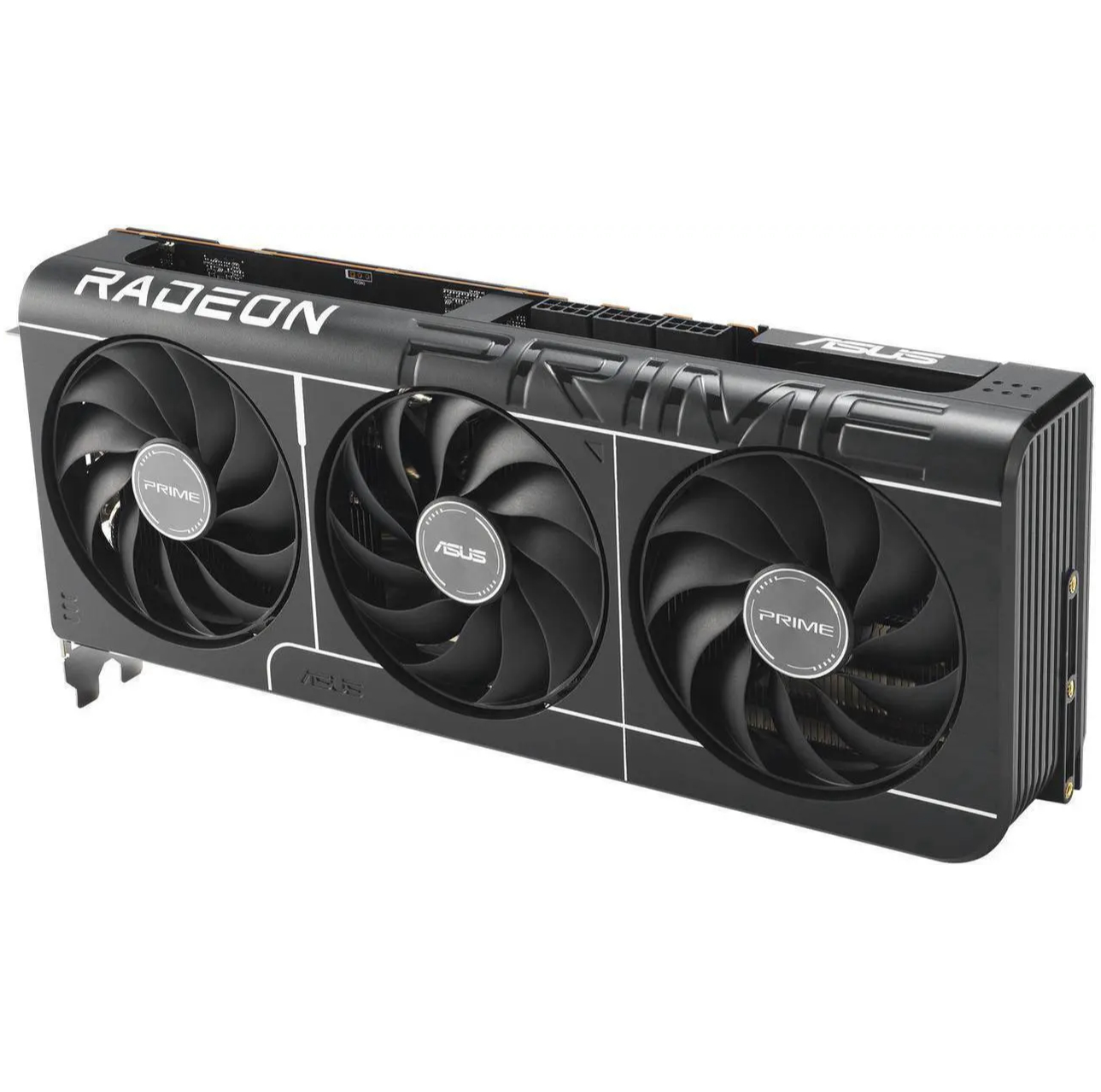
Keep up to date with the most important stories and the best deals, as picked by the PC Gamer team.
You are now subscribed
Your newsletter sign-up was successful
Want to add more newsletters?

Every Friday
GamesRadar+
Your weekly update on everything you could ever want to know about the games you already love, games we know you're going to love in the near future, and tales from the communities that surround them.

Every Thursday
GTA 6 O'clock
Our special GTA 6 newsletter, with breaking news, insider info, and rumor analysis from the award-winning GTA 6 O'clock experts.

Every Friday
Knowledge
From the creators of Edge: A weekly videogame industry newsletter with analysis from expert writers, guidance from professionals, and insight into what's on the horizon.

Every Thursday
The Setup
Hardware nerds unite, sign up to our free tech newsletter for a weekly digest of the hottest new tech, the latest gadgets on the test bench, and much more.

Every Wednesday
Switch 2 Spotlight
Sign up to our new Switch 2 newsletter, where we bring you the latest talking points on Nintendo's new console each week, bring you up to date on the news, and recommend what games to play.

Every Saturday
The Watchlist
Subscribe for a weekly digest of the movie and TV news that matters, direct to your inbox. From first-look trailers, interviews, reviews and explainers, we've got you covered.

Once a month
SFX
Get sneak previews, exclusive competitions and details of special events each month!
Nvidia has just announced that "probably the most-requested feature" from the community is being added to the Nvidia app: a DLSS Override global toggle. This will allow RTX 50-series cards to force Multi Frame Gen (MFG) in all regular frame gen (FG) games. RTX 30-series, 40-series, and 50-series cards can also force an upscaling model and quality level of choice in all DLSS games.
It can be difficult to keep up with all the changes in upscaling and frame gen tech. Even just on Nvidia's side of the aisle, we have multiple overall DLSS generations as well as multiple kinds of frame generation and different upscaling models. And what's worse, these all have differing support across GPU generations and games.
To break the basics down here, though: DLSS 4 (4x) MFG is still only for RTX 50-series cards, but with DLSS Override, you can force games that only have regular (2x) FG baked into them to use MFG instead.
The other thing DLSS Override can do is allow you to choose which version and level of DLSS upscaling games have enabled, and this is available not just for RTX 50-series cards, but for the RTX 40-series and RTX 30-series, too.
Earlier in the year, Nvidia switched from the convolutional neural network (CNN) model to the transformer model. The latter might sacrifice a little frame rate compared to the former, but it makes up for this with better and more accurate fine details, ie, better visual quality.

So, DLSS Override lets RTX 50-series cards enable 4x FG in 2x FG games, and it lets RTX 30-series, 40-series, and 50-series cards override in-game DLSS options to choose from transformer or CNN model, and your quality preset. Prior to this, you had to select all these things on a per-game basis.
We're also going to be able to see exactly which settings a game is using at a glance, to ensure our chosen frame gen and upscaling options are in effect.
Keep up to date with the most important stories and the best deals, as picked by the PC Gamer team.
There are also a number of other changes to the Nvidia app being made. In addition to various new settings, we're also getting the option to enable Smooth Motion on RTX 40-series cards, which is driver-based frame interpolation.
So, there are no big new technologies being added here, but we're getting easier and wider implementation of them. Of course, the best of the bunch is reserved for the RTX 50 series with MFG, but there are some extra goodies for previous generations, too, now.

1. Best overall: AMD Radeon RX 9070
2. Best value: AMD Radeon RX 9060 XT 16 GB
3. Best budget: Intel Arc B570
4. Best mid-range: Nvidia GeForce RTX 5070 Ti
5. Best high-end: Nvidia GeForce RTX 5090

Jacob got his hands on a gaming PC for the first time when he was about 12 years old. He swiftly realised the local PC repair store had ripped him off with his build and vowed never to let another soul build his rig again. With this vow, Jacob the hardware junkie was born. Since then, Jacob's led a double-life as part-hardware geek, part-philosophy nerd, first working as a Hardware Writer for PCGamesN in 2020, then working towards a PhD in Philosophy for a few years while freelancing on the side for sites such as TechRadar, Pocket-lint, and yours truly, PC Gamer. Eventually, he gave up the ruthless mercenary life to join the world's #1 PC Gaming site full-time. It's definitely not an ego thing, he assures us.
You must confirm your public display name before commenting
Please logout and then login again, you will then be prompted to enter your display name.

